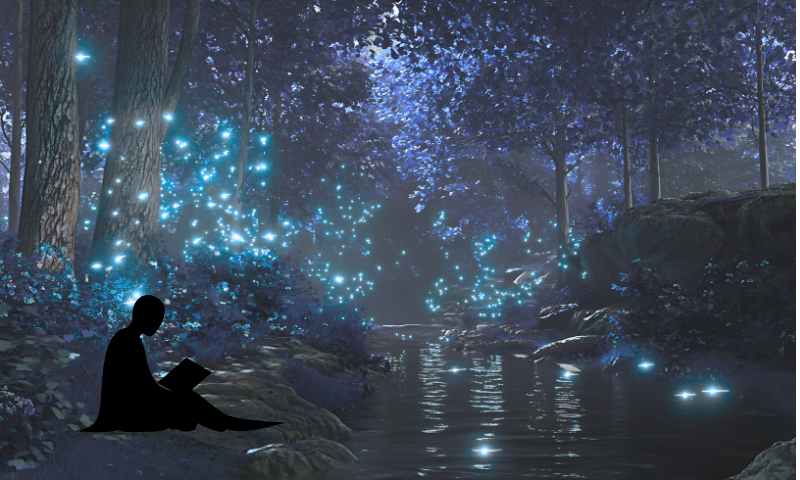
“Perhaps home is not a place but simply an irrevocable condition” is a quote by James Baldwin. Lately, I’ve been thinking about home, which is a comforting word. This year I’ve revisited several places and people who make up the conditions that make me feel home. In each habitat—desert, mountains, lakes, a state park where our favorite hikes have happened forever, a small town I lived in my first 11 years, a larger city lived in during my teenage years, and let’s not forget the food and drinks like shucky beans, my grandfather’s famous potato salad, and Kentucky bourbon—this year has given me time to see the people, places, and food/drink that make me feel at home.
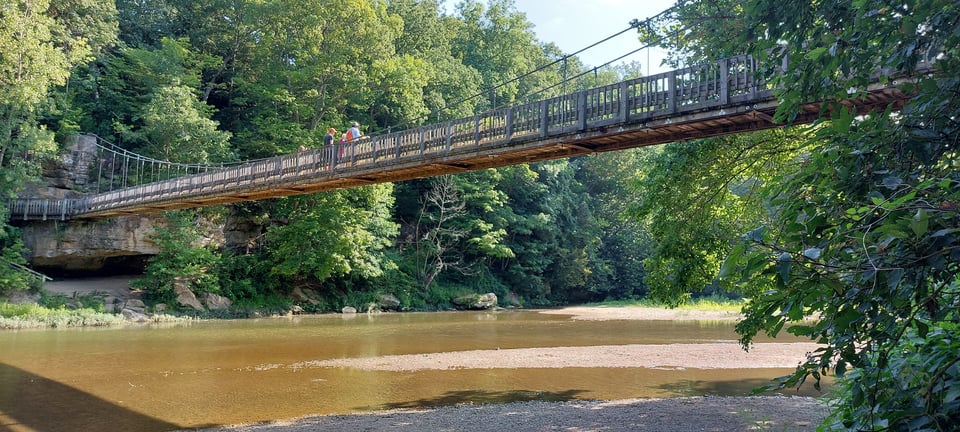
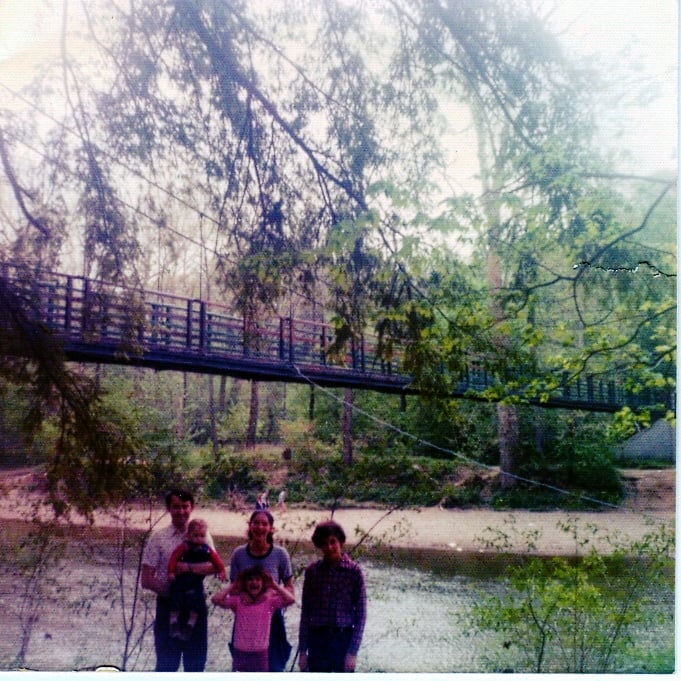
Watching the DNC this week also gives me hope about my home country—and let’s face it: I’ve lost hope often, considering its trajectory with a terrible leader in the past. I hope that changes and that we move forward, not back.
World ecofiction spotlight
My thoughts about home have a nice transition to ecofiction because the literary genre assumes ecological systems are at the heart of the story. The Latin root of eco comes from oeco or household. In Greek, it comes from oikos, meaning house.
This month’s spotlight is on Oonya Kempadoo, who wrote the book and project titled Naniki.
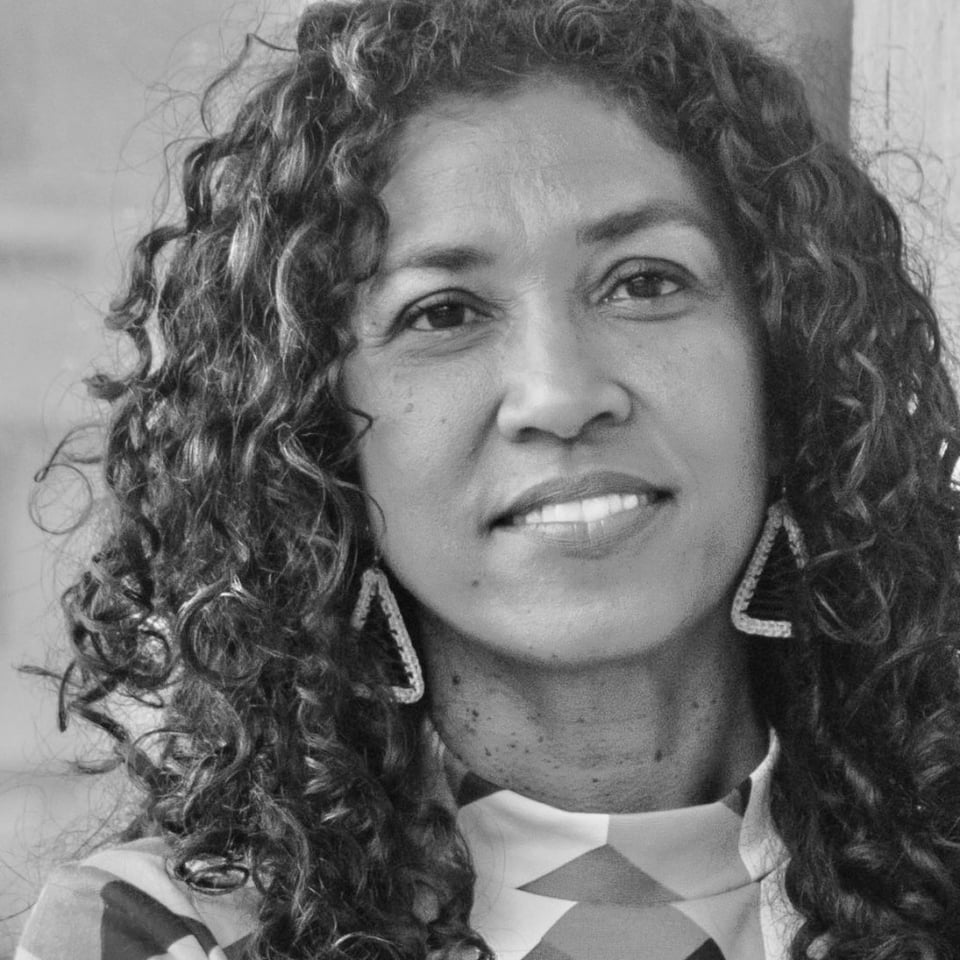
Through luminescent light, ancestral paths, and a Caribbean spirit-inflected world, Naniki explores the musings and inner workings of the deep blue—the Caribbean Sea—and its shape-shifting sea beings. As the sea mirrors the light from the blue skies, and its depths are exposed by daggers of sunlight, so too Naniki reveals and honours the Indigenous roots of the Caribbean and its people, whose destiny is tied to the sea, the vessel of collective memory.
Indie Corner
This month I talked with author Dianna Renn, who has written many novels, including the Indie Corner feature The Owl Prowl Mystery.

Trouble at Turtle Pond and The Owl Prowl Mystery are books one and two in a series but can be read out of sequence or as standalones. They feature a group of self-appointed “Backyard Rangers” who solve wildlife problems in their community. They live in a fictional town in the U.S., called Marsh Hollow, which has some things in common with the author’s town, including proximity to a wildlife refuge.
Film of the month
This month, I talk about another film I really enjoyed, Mami Wata by CJ “Fiery” Oabasi. The artistic approach of the film sets the mood for suspense and something otherwordly. In the movie, two sisters fight to save their town and return the glory of the goddess Mami Wata to their people. What’s so fascinating is that Mami Wata is a water spirit in the Afro-American diaspora.
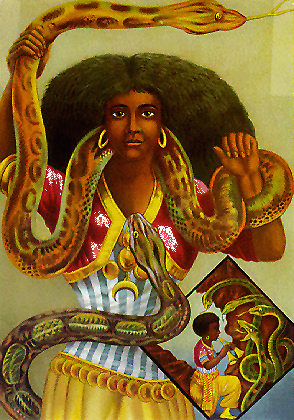
I like myths that deal with a nature spirits, and I’ve read about such folklore in many ecologically based African stories, even modern stories such as in the African Risen anthology and Nnedi Okorafor’s Africanfuturist novel Lagoon, which includes other folkloric creatures.
New at Dragonfly
This month I have posted several novels, including Love is for the Birds by Diane Owens Prettyman, The Last Ranger by Peter Heller, Arroyo Circle by JoeAnn Hart, and more. Check the front page of the site.
Coming soon are interviews with Premee Mohamed, Tom Weaver, Jane Calame, and more.
Kevan Manwaring’s nonfiction book Writing Ecofiction: Navigating the Challenges of Environmental Narrative is out August 22. I’m happy to have been interviewed for this book!
Resources
In case you’ve missed these exciting resources, including newest books at Dragonfly, check ‘em out!
LinkTree: Find out more about me.
Rewilding Our Stories: A Discord community where you can find resources, reading, and writing fun in fiction that relates strongly to nature and environment.
Our environmental/nature song-of-the-week playlist goes back to 2015.
Book recommendations: a growing list of recs.
Eco/climate genres: They’re all over the place, and here’s an expanding compendium.
Inspiring and informative author quotes from Dragonfly’s interviews.
List of ecologically focused games.
List of eco/climate films and documentaries.
Eco-fiction links and resources.
Book database: Database of over 1,100 book posts at Dragonfly.eco.
Turning the Tide: The Youngest Generation: Fiction aimed toward children, teens, and young adults.
Indie Corner: The occasional highlight of authors who publish independently.
Artists & Climate Change. This site is no longer being updated but still has a wealth of info. I was a core writer for their team, and I’m both honored and grateful. Look for my “Wild Authors” series there.
You just read issue #45 of Dragonfly.eco News. You can also browse the full archives of this newsletter.
